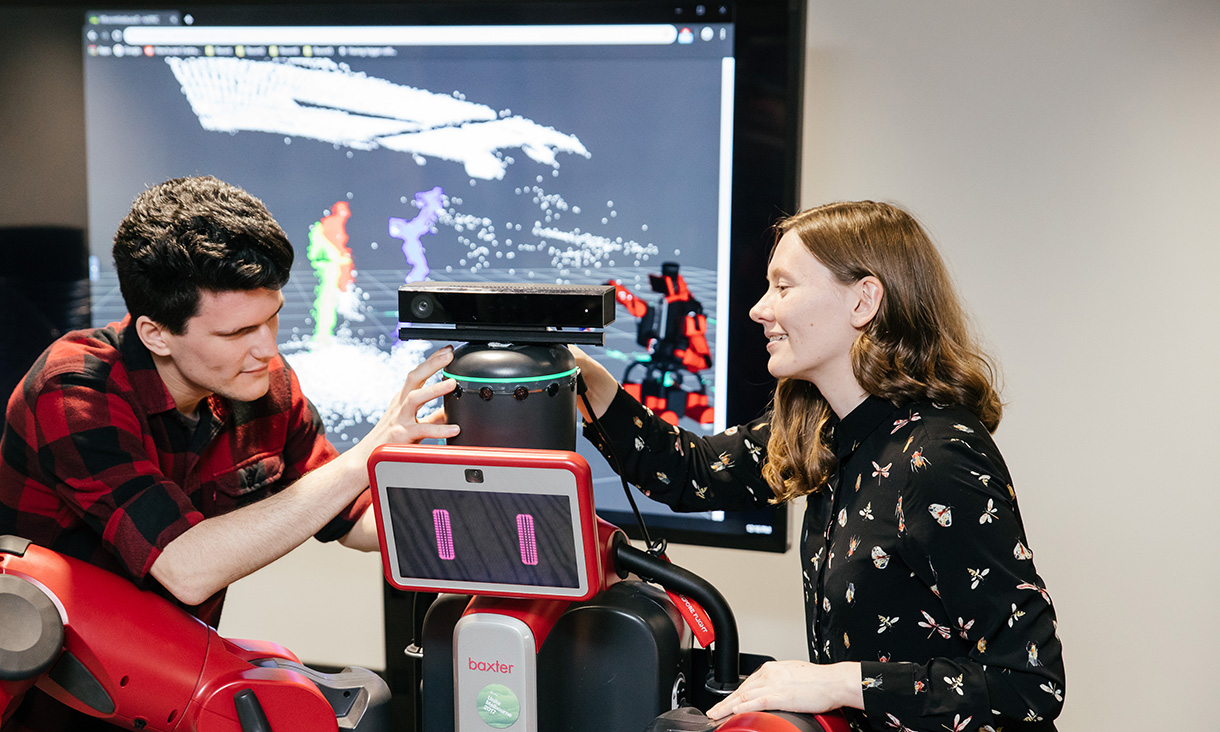This degree consists of 192 credit points.
Throughout your studies, you will develop skills to apply a range of mathematical, analytical, algorithmic and computational techniques. You will model and critically evaluate a range of cyber security systems and processes (hardware, software-based or a hybrid) that operate on a diverse range of media (optical, wireless or wired).
You will use a variety of protocols (EFTPOS, INTERNET, CCITT) in business or personal communications, keeping in mind the importance of ethical values in this service-oriented field.
The curriculum covers many topics, including risk management and cryptosystems, biometrics and ethical hacking. Subjects are aimed at a holistic approach to cyber security and are paired with insights from industry experts.
The two-semester project in second year allows you to gain in-depth knowledge and expertise in a cyber security topic of your choice.

